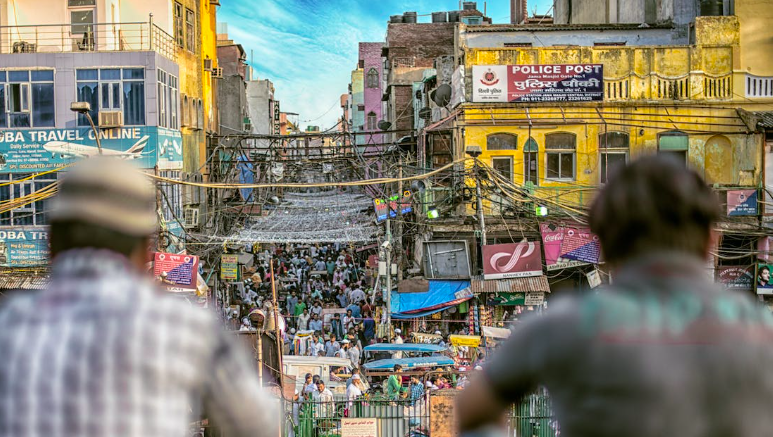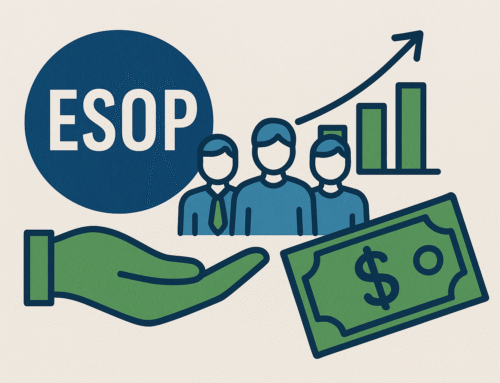India is a country with a rich cultural heritage and a fast-growing population and economy. However, it still faces a enormous challenge of poverty. According to the World Bank, in 2018, about 44.8% of India’s population lived below the international poverty line of $1.90 per day. Those are the most up-to-fate figures since India has not declared its poverty figures since 2011.
Alleviating poverty in India is crucial for several reasons. India is home to one of the largest populations of people living in poverty in the world. Poverty in India is not just about income, but also about a lack of access to basic amenities such as clean water, education, and healthcare. Businesses can play a vital role in addressing poverty in India by providing employment opportunities, promoting economic growth, and investing in social development programs.
While poverty in India is a complex issue, the private sector is stepping up to help address the problem. Here are five examples, among many, of how businesses are helping to address poverty in India.
- ITC Limited – ITC Limited is an Indian conglomerate that has implemented several programs to promote sustainable livelihoods for rural communities. One such program is the e-Choupal initiative, which provides rural farmers with access to information on weather patterns, market prices, and modern farming practices. By empowering farmers with this information, ITC Limited is helping to increase their incomes and improve their standard of living.
- Tata Group – The Tata Group is one of India’s largest business conglomerates and has a long-standing commitment to social responsibility. The company has implemented several initiatives to support marginalized communities in India. Tata Group’s largest and most long-running effort is the Tata Trusts, established in 1892, which focus on promoting education, health, and livelihoods in rural areas. Additionally, Tata Steel has implemented programs to promote vocational training and job creation in underprivileged communities.
- Google – While not an Indian company Google, in joint venture with Intel and The Tata group, has implemented several initiatives to help address poverty in India. Data from the Internet and Mobile Association of India showed that of the countries internet users in 2015, only 18 percent were from rural. Among those 18 percent, only one in ten were women, making up only 1.8 percent of India’s total internet users. To address this, Google launched the Internet Saathi program in July 2015, which aims to provide rural women with digital literacy skills. The pilot programme consisted of 5,000 rural villages in Rajasthan. In August 2017, Forbes reported that 17 million women in rural areas, across in 170,000 villages have benefited from the program. By empowering women with these skills, Google is helping to increase their economic opportunities and reduce poverty.
- Godrej Group – The Godrej Group is another Indian conglomerate that has implemented several programs to address poverty in India. One of their programs program is the Godrej Good and Green Scholarship, which provides scholarships to underprivileged students to pursue higher education. Additionally, the company has implemented several initiatives to promote environmental sustainability, which helps to reduce poverty by promoting a more sustainable future.
- Reliance Industries – Reliance Industries is one of India’s largest companies and has implemented several initiatives to address poverty in India. The Reliance Foundation is one of the largest non-profit foundations in the country. It focuses on promoting education, health, and rural development. Additionally, the company has implemented several programs to promote employment and entrepreneurship in underprivileged communities.
In a 2020 article for Forbes, economists Raghuram Rajan and Abhijit Banerjee argued that “businesses have the resources and the incentives to invest in poverty reduction, and they can play a crucial role in reducing poverty and promoting sustainable development”.
As companies like ITC Limited, Tata Group, Google, Godrej Group, and Reliance Industries invest in poverty reduction initiatives, they create jobs and stimulate economic growth. This can have a positive ripple effect on the wider community, as increased employment leads to increased spending, which in turn supports local businesses and drives economic development.
These businesses are also investing in social development programs such as education and healthcare, which can help to improve the quality of life of people living in poverty. By providing access to these essential services, businesses can help to break the cycle of poverty and empower individuals and communities.
Businesses have an important role to play in addressing poverty in India. By providing employment opportunities, promoting economic growth, and investing in social development programs, businesses can promote sustainable livelihoods, education, health, and employment in underprivileged communities, reduce poverty and also promote sustainable development and economic growth — all key steps in alleviating poverty and creating sustainable and more equitable development.
The Center on Business and Poverty
Photo credit: Shobhit Bajpai






